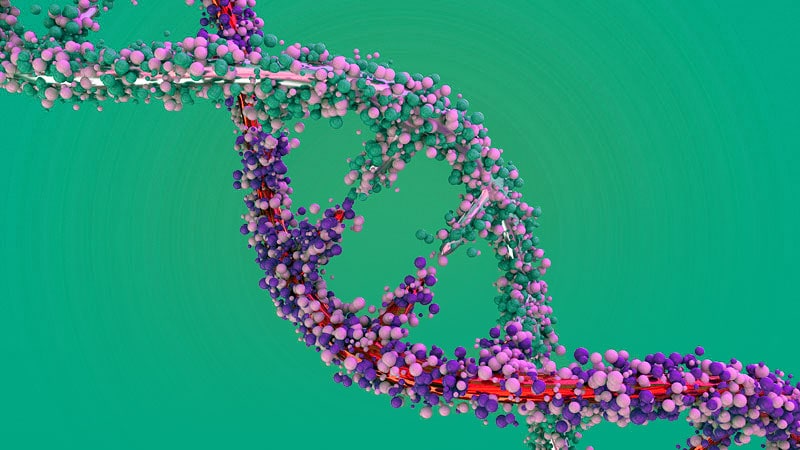核心概念
Substance use disorders share a common genetic signature, paving the way for personalized interventions and universal therapies.
摘要
Substance use disorders (SUDs) like alcohol, tobacco, cannabis, and opioids have a common genetic signature, as per new research. The study aims to develop personalized interventions and universal therapies for treating multiple addictions.
Key Highlights:
- Genetics play a crucial role in determining health outcomes.
- Genomic studies aim to identify factors influencing substance use disorders.
- Understanding genetics can lead to tailored interventions.
- Research published in Nature Mental Health.
- Study involved over 150 investigators globally.
- Genome-wide association study identified genetic variations linked to SUDs.
- Strong gene signals related to dopamine system in addiction.
- Genomic patterns predict risks of mental and physical illnesses.
- Shared genetic mechanisms between substance use and mental disorders.
- Potential repurposing of drugs for treating SUDs.
自定义摘要
使用 AI 改写
生成参考文献
翻译原文
翻译成其他语言
生成思维导图
从原文生成
访问来源
www.medscape.com
Substance Abuse Disorders May Share a Common Genetic Signature
统计
"In a genome-wide association study (GWAS), the investigators looked for variations in the genome that were closely associated with SUDs in more than 1 million people of European ancestry and 92,630 people of African ancestry."
"Among the European ancestry sample, they discovered 19 single nucleotide polymorphisms (SNPs) that were significantly associated with general addiction risk and 47 genetic variants linked to specific SUDs — nine for alcohol, 32 for tobacco, five for cannabis, and one for opioids."
引用
"Genetics play a key role in determining health throughout our lives, but they are not destiny."
"A better understanding of genetics also brings us one step closer to developing personalized interventions that are tailored to an individual’s unique biology, environment, and lived experience."

更深入的查询
How can the findings of this research impact the development of future treatments for substance use disorders?
The findings of this research have significant implications for the development of future treatments for substance use disorders. By identifying a common genetic signature shared among various substance use disorders, researchers can potentially target specific genetic variations associated with addiction risk. This knowledge can lead to the development of personalized interventions tailored to an individual's unique genetic makeup, environment, and experiences. By understanding the genetic factors that predispose individuals to substance use disorders, healthcare providers can offer more effective and targeted treatments. Additionally, the identification of genetic variations linked to dopamine signaling regulation opens up the possibility of repurposing existing drugs to treat substance use disorders more effectively.
What are the ethical implications of using genetic information to tailor interventions for individuals with substance use disorders?
Using genetic information to tailor interventions for individuals with substance use disorders raises several ethical considerations. One of the main concerns is the potential for stigmatization and discrimination based on genetic predispositions to addiction. There is a risk that individuals may be unfairly judged or treated differently based on their genetic profile, leading to issues of privacy and confidentiality. Additionally, there are concerns about the implications of genetic testing for addiction risk on an individual's autonomy and free will. It is essential to ensure that individuals are fully informed about the implications of genetic testing and that their consent is obtained before using this information to tailor interventions. Ethical guidelines must be established to protect the rights and well-being of individuals with substance use disorders.
How can the identification of shared genetic mechanisms between substance use and mental disorders influence treatment approaches in healthcare?
The identification of shared genetic mechanisms between substance use and mental disorders can have a profound impact on treatment approaches in healthcare. Since substance use disorders and mental disorders often co-occur, understanding the genetic overlap between these conditions highlights the importance of addressing them together in treatment. By recognizing the shared genetic pathways involved in both types of disorders, healthcare providers can adopt a more holistic approach to treatment that targets underlying genetic vulnerabilities. This integrated approach can lead to more effective interventions that address both substance use and mental health issues simultaneously. It also emphasizes the need for personalized treatment plans that consider an individual's genetic predispositions to both types of disorders, leading to more tailored and comprehensive care.
0
